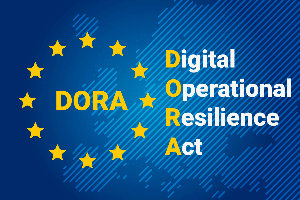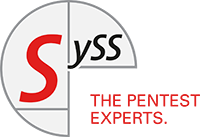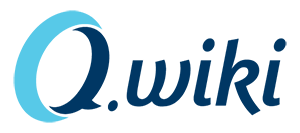Protecting your data, securing your future.
Information Security Experts
We are a leading provider of information security solutions and are known for our innovative approach.
By combining advanced technology, industry expertise and a customer-centric approach, we deliver comprehensive security solutions, including threat detection, vulnerability management, compliance support and more.
Our team of experienced experts is dedicated to delivering tailored solutions that enable organizations to stay secure in an increasingly complex digital landscape.
Information Security as a Service
Basic module
The basic module covers all the basic requirements to introduce your company to information security and take the first steps to be protected against almost all threats.
Control modules

The control modules are developed to close specific gaps required by norms and/or standards. Let our experts take on challenging tasks and develop complex systems for you.
Certification modules

The certification modules cover the entire certification process for the desired certificate, label or assessment. We take care of appointments, registrations, document preparation and represent you in the audit.
Certificates, labels and legal requirements
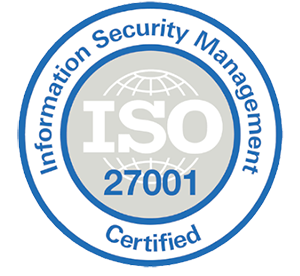
ISO/IEC 27001 is an internationally recognized standard for the management of information security. It defines the requirements for implementing an information security management system (ISMS) that supports companies in protecting confidential information, guaranteeing the integrity of data and ensuring the availability of their systems. The standard is based on a continuous improvement process and aims to systematically identify, assess and minimize risks. Companies that are ISO 27001 certified can prove that they have taken effective measures to ensure the protection of sensitive information.
TISAX (Trusted Information Security Assessment Exchange) is an industry-specific standard for information security that was developed by the automotive industry. It is used for the secure processing of confidential and sensitive information along the supply chain. TISAX is based on the international standard ISO/IEC 27001, but has been specially adapted to the requirements of automotive manufacturers and their suppliers.
The TISAX standard is managed by the ENX Association and enables companies to have their information security measures evaluated by means of a standardized assessment. A successful TISAX assessment leads to a certification that is recognized by other platform participants. This makes it easier to prove compliance with security requirements to business partners without the need for multiple audits to be carried out by different companies.
TISAX is particularly relevant for companies that work with car manufacturers and exchange sensitive data such as design plans or trade secrets.
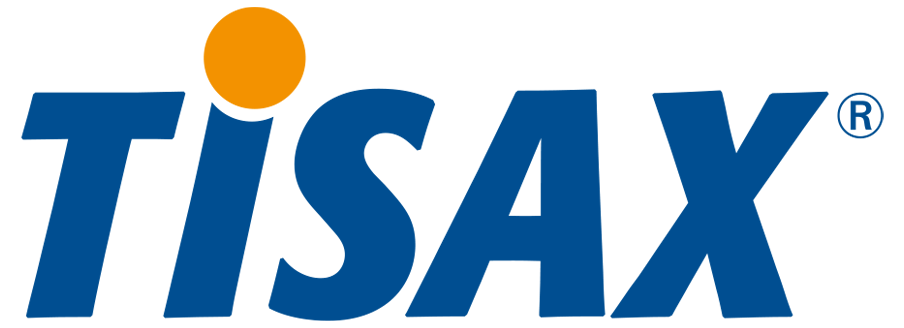
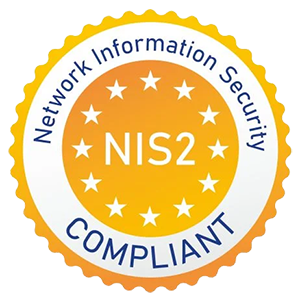
The NIS2 Directive (Network and Information Security Directive 2) is a revised EU regulation that tightens cybersecurity requirements for companies and organizations in critical areas. It replaces the original NIS Directive from 2016 and aims to harmonize cybersecurity standards in the EU and increase resilience to cyberattacks.
NIS2 extends the scope of the regulations, requires stricter security measures and obliges companies to report cyber incidents promptly. It also places higher demands on risk management and tightens sanctions for non-compliance. Another aim of the directive is to improve cooperation and the exchange of information between EU member states in order to manage threats more effectively.
DORA (Digital Operational Resilience Act) is an EU regulation that aims to strengthen the digital resilience of the financial sector. It lays down uniform requirements for the management of IT risks and cyber security to ensure that financial services remain stable even in the event of cyber attacks or IT failures.
The regulation requires the introduction of robust risk management processes in IT, regular security assessments and tests, as well as an effective incident management system. DORA also requires compliance with reporting obligations in the event of cyber incidents. Another focus is on the monitoring of third-party providers who provide IT services in order to minimize risks through outsourcing and increase the resilience of the financial system to digital threats.
